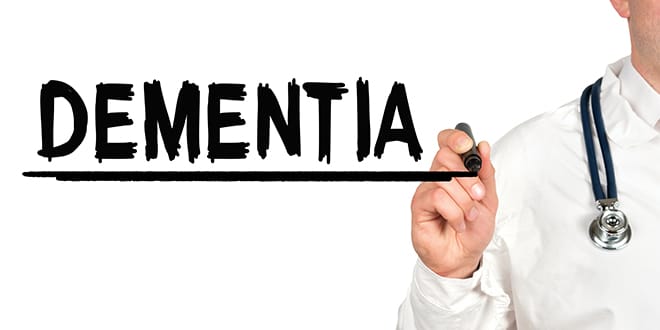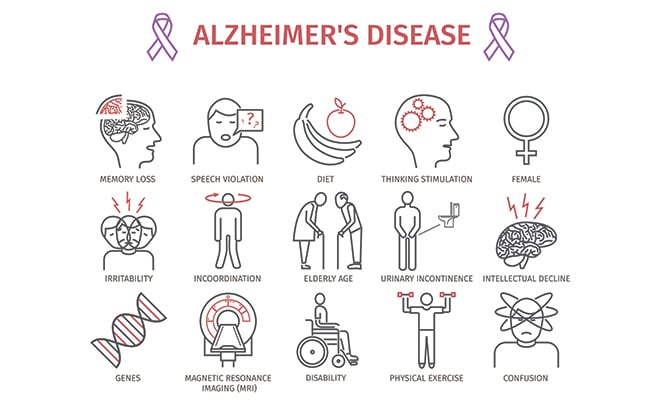Functional Medicine & Memory Loss

By Dr. Cynthia Crosser
Do you find yourself forgetting people’s names more and more? Do you have to go back home and make sure you turned off the stove? While these seem like everyday occurrences, they may be your first sign that you are progressing towards dementia and perhaps Alzheimer’s.
Most people don’t realize that you do not need to be a sitting duck along this trajectory. Many individual factors bring us to know, where and how, to adjust our lifestyles with a personalized approach. This is based on laboratory testing. There are seven groups of proteins and peptides which are involved in plaque and tangle formation. There are growth factors which are involved in nerve cell growth. Also, gut peptides connect the gut to the brain, and pathogens (bacteria, viruses) that have proven to play a role in the development of Alzheimer’s. Toxic chemicals can cross react with amyloid as well. And, lastly, the integrity of the blood-brain barrier is important because we may produce antibodies against brain proteins. If the blood-brain barrier is intact, these antibodies cannot cross the barrier and move us in this direction. This is where traumatic brain injury plays a role as well.

Dementia is a degenerative brain disease, signified by damage to neurons in parts of the brain that affect everyday function such as memory, language, and even problem solving. By the time we recognize this, it may have developed over several decades without any symptoms. Alzheimer’s represents one-third of dementia patients with beta amyloid plaquing. This is not necessarily normal aging.
In addition, the cells’ process of resting and clearing metabolic waste, is a process called autophagy which is genetically driven and is linked to Alzheimer’s and Parkinson’s. These are also neurodegenerative disorders with a genetic component. Testing for these genetics provides guidance regarding lifestyle changes such as intermittent fasting, regular, intense exercise to stimulate cerebral circulation and monitoring of A1C. Deep sleep, on a regular basis and within the same hours on a consistent basis, are both of clinical significance.

Interventions include things such as diet, avoiding inflammatory foods and toxic metals. Eating for proper brain stimulation, taking prebiotics, probiotics, and antioxidant supplements. Hormone balance needs to be assessed and addressed. The gut health is crucial to addressing the brain as there is crosstalk between the gut and the brain. A protocol of a specific, personalized plan for metabolic enhancement, manifests in significant improvement and even reversal in most patients. Unfortunately, this is not a one-size-fits-all, as some foods are inflammatory for one individual and not so for another.
Lifestyle is what determines much of our health as it can either elicit or quiet our genetic expression. Don’t wait until you can’t find your way home to get help. It is never too late to live a healthier lifestyle specific for yourself and one that you will remember . . . tomorrow.

For more information, contact us at 302-994-1010 or through our website at www.crossernaturalhealth.com
Wellness within reach!
Pike Creek 302-994-1010
5700 Kirkwood Hwy., Suite 101, Wilmington, DE 19808
www.facebook.com/crossernaturalhealth
www.facebook.com/CrosserChiroThin
Chiropractic, Acupuncture, Weight loss, Neurofeedback, Nutritional Counseling

